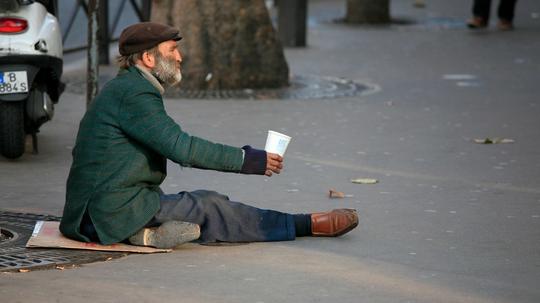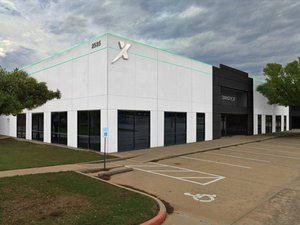
The City of Austin won a grant from Bloomberg Philanthropies that will help city officials develop a program that uses blockchain technology to manage identifications and other records for the city's homeless population.
Austin was one of 35 cities to win a $100,000 grant for an innovative idea to improve their jurisdiction.
Over the next six months, the winning cities will create prototypes of their ideas using the grant money, with an eye toward scaling it in the near future. Teams from each city will meet at an idea camp in New York to get coaching and analysis. Then, in August, the cities will pitch their refined ideas to a panel of judges. Bloomberg will then announce four cities that will get $1 million each and one city that gets a $5 million grand prize to bring their idea to market.
In Austin's case, the city told Bloomberg it has about 7,000 people who experience homelessness in the city and that lack of ID creates problems for many of them when accessing housing, employment and social services.
By assigning unique identifiers and storing them on a blockchain, homeless residents could access their records at any time without a physical ID and get access to most services.
Austin Mayor Steve Adler tweeted last month that the idea came out of the Dell Medical School, and he quoted a slightly more robust explanation.
It says Dell Medical School has found there's no integrated knowledge-sharing and communication system for public agencies, such as social services and courts, and medical providers and nonprofits to share basic paperwork.
"Broken hands-offs from hospitals to respite care or from substance abuse recovery programs to shelter/housing adversely impact recovery; collaboration across systems is frustrated by lack of integrated data that would link services, measure performance; and failures of services increases feelings of betrayal, decreases trust in the system and entrench individuals in a cycle of crisis," the note said.
Blockchain offers an efficient and secure way to give people access to their own ID and data.
"Having a 'digital passport' makes clients an equal participant in their recovery by establishing their credibility with housing records, health records, employment records," it said. "In three years, we can revolutionize the interaction between people experiencing homelessness, city government and social and health services organizations, and serve as a model for the potential of blockchain in the social sector across the globe."
Georgetown, to Austin's north, was the only other Texas city to win a grant. That will help the city, which is the largest in Texas to get all its purchased energy from renewable sources, test the idea of leasing rooftop space on residential and commercial properties for solar panels that would create power to offset the need to buy energy from outside sources.
See the full list of winning cities here.








